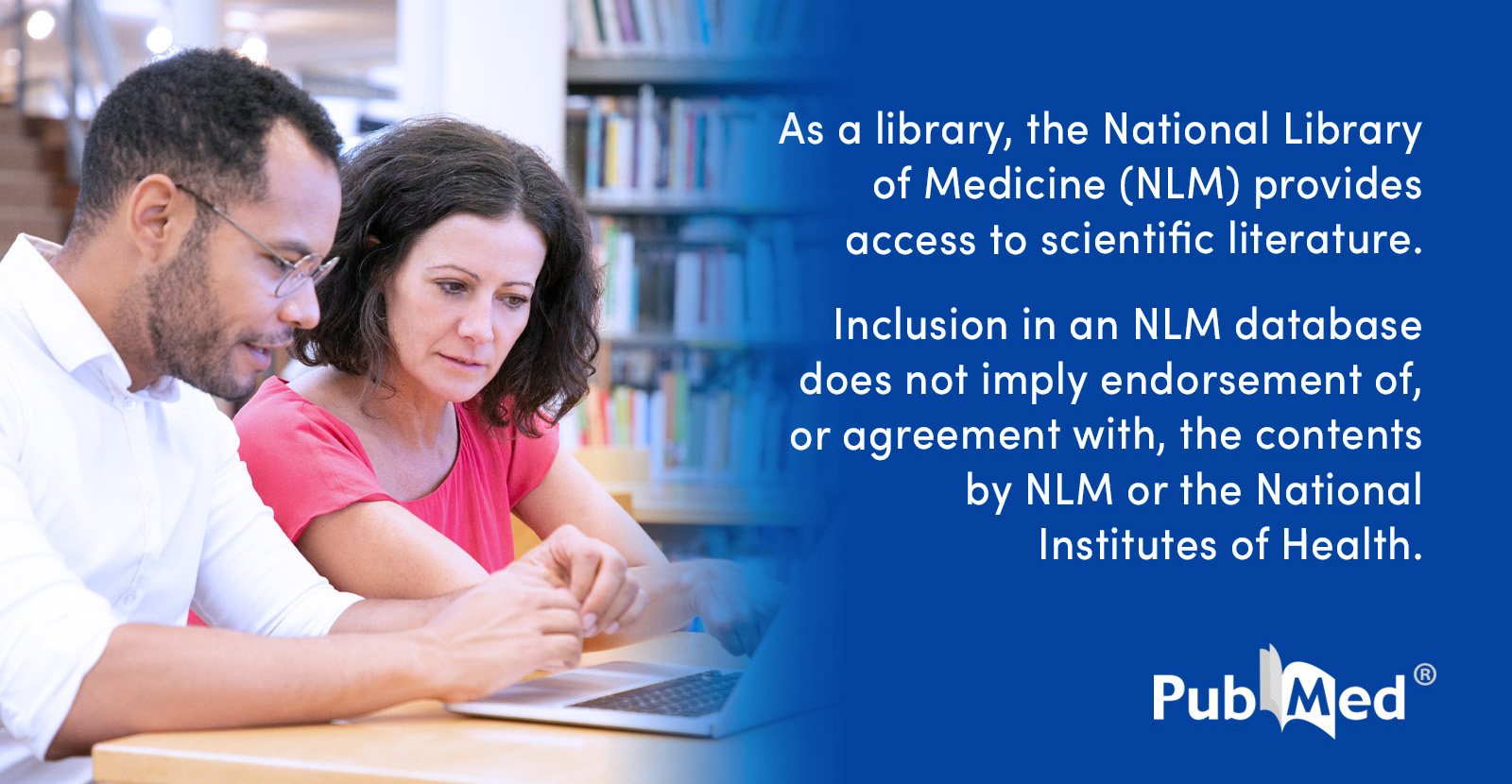J Hum Nutr Diet. 2025 Apr;38(2):e70054. doi: 10.1111/jhn.70054.
ABSTRACT
BACKGROUND: Pediatric obesity is associated with increased morbidity. One common therapy within multicomponent treatment for obesity is nutrition counselling and dietary education led by a Registered Dietitian (RD). Virtual reality (VR) improves engagement when used as an educational adjunct.
METHODS: The primary aim investigated immediate dietary choices when pediatric patients with obesity engaged in traditional RD nutrition counselling compared to VR-supplemented nutrition counselling. Secondary aims explored food likability, knowledge, and satisfaction. Patients, 6-20 years old, presenting for obesity counselling were recruited. The primary aim was measured by after-visit food choice. Secondary aims were measured with the Pediatric Adapted Liking Scale, an assessment of nutritional facts, and a VR satisfaction survey. Statistical analysis included Chi-square, Wilcoxon and t-tests.
RESULTS: Forty participants were enroled and divided into two groups described above. There were no differences in food choice (p = 0.90). Regarding likability, the VR group liked vegetables more than those in the standard of care group (p = 0.045).
CONCLUSION: There were no differences in nutritional knowledge (p = 0.574). Participants in the VR group reported high satisfaction.
PMID:40230254 | DOI:10.1111/jhn.70054
Authors: Marwa Abu El Haija, Nicole Barsanti, Elizabeth Cotter, Michelle Zuniga-Hernandez, Janet Titzler, Christian Jackson, Thomas J Caruso
Published: 2025-04-15 10:00:00
Read the full article: View on PubMed








